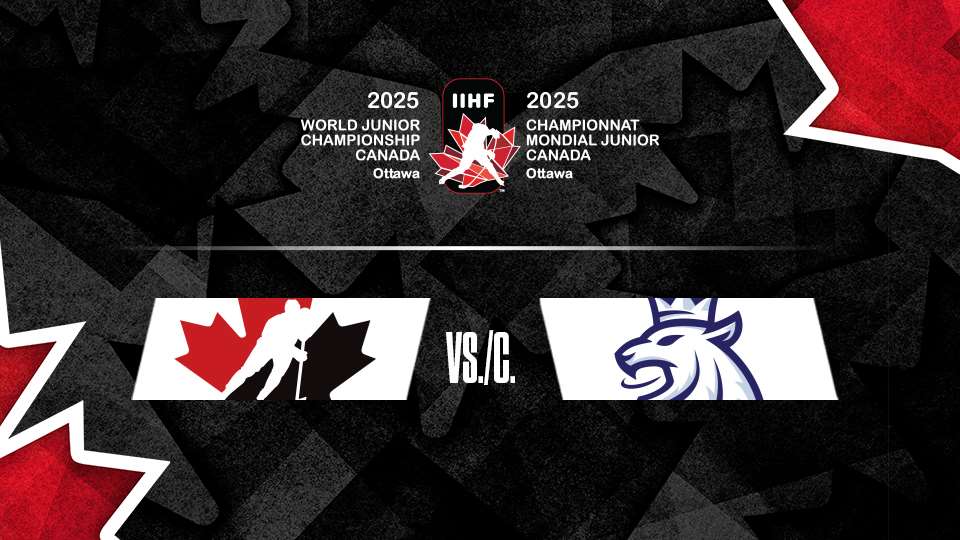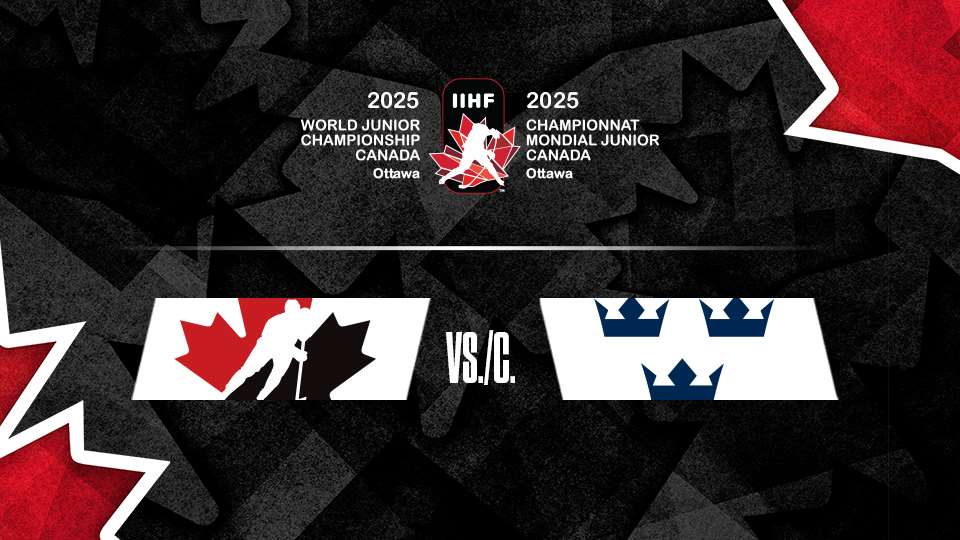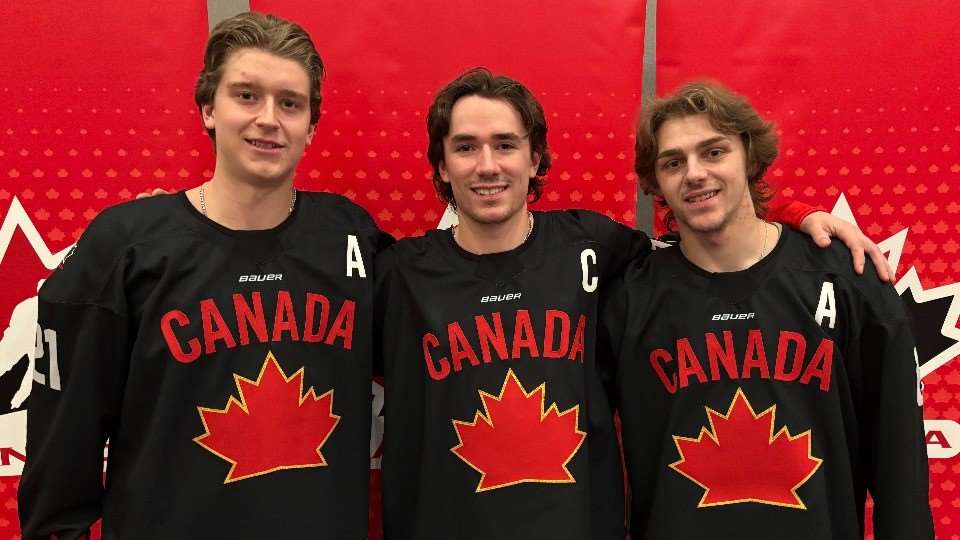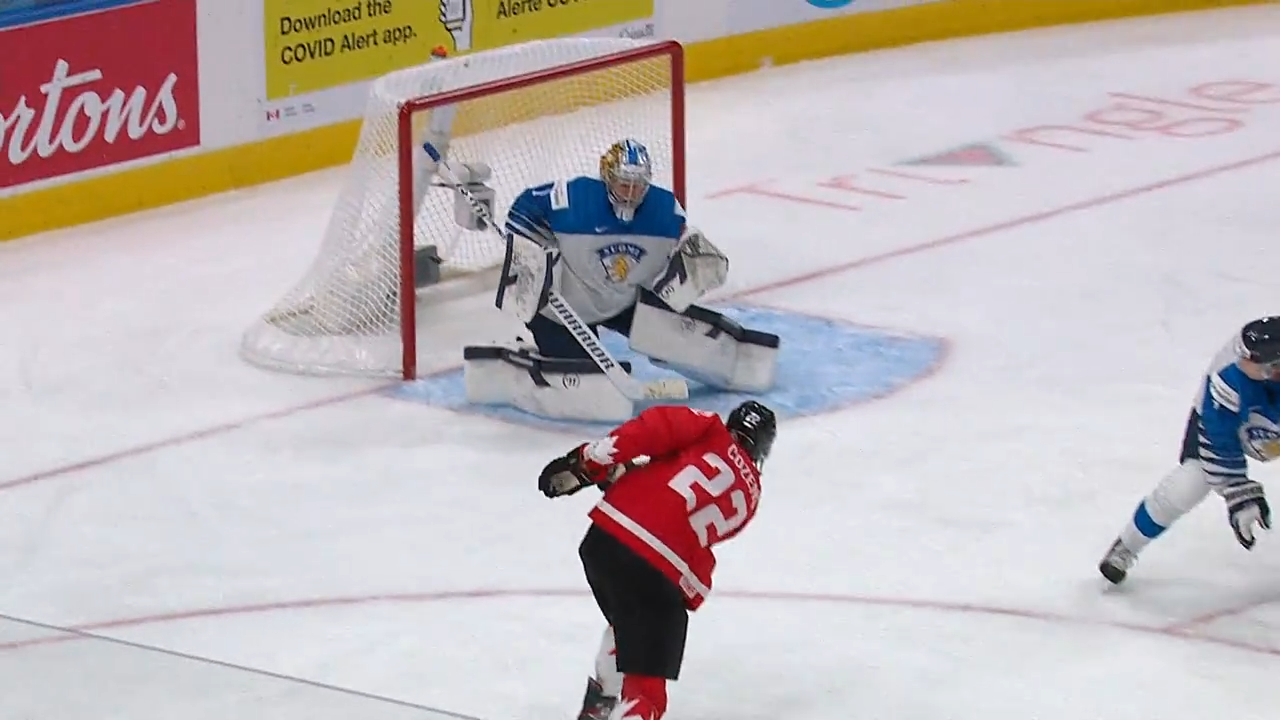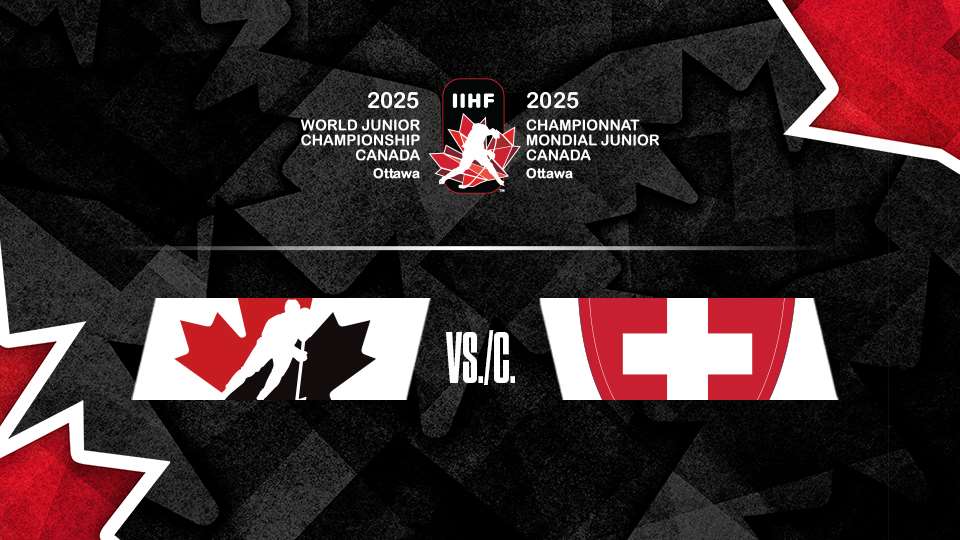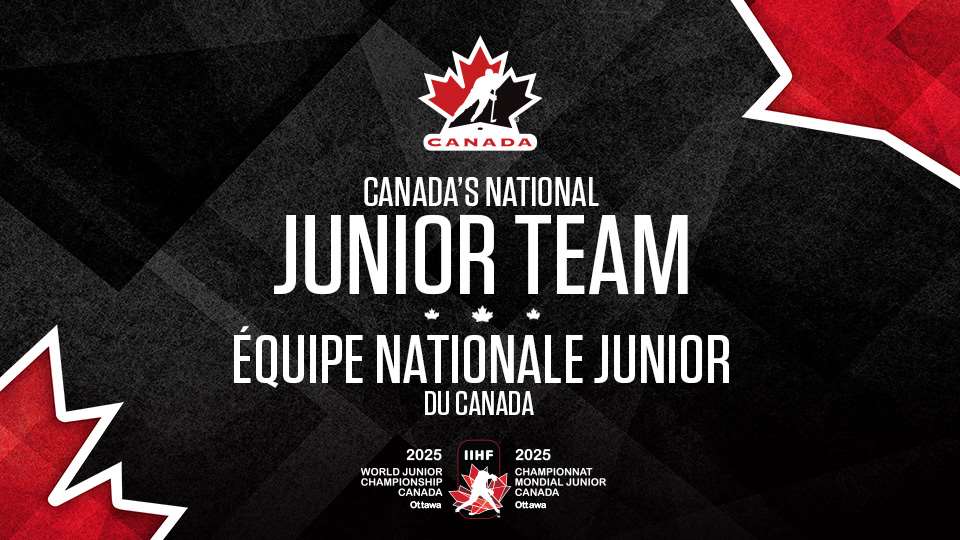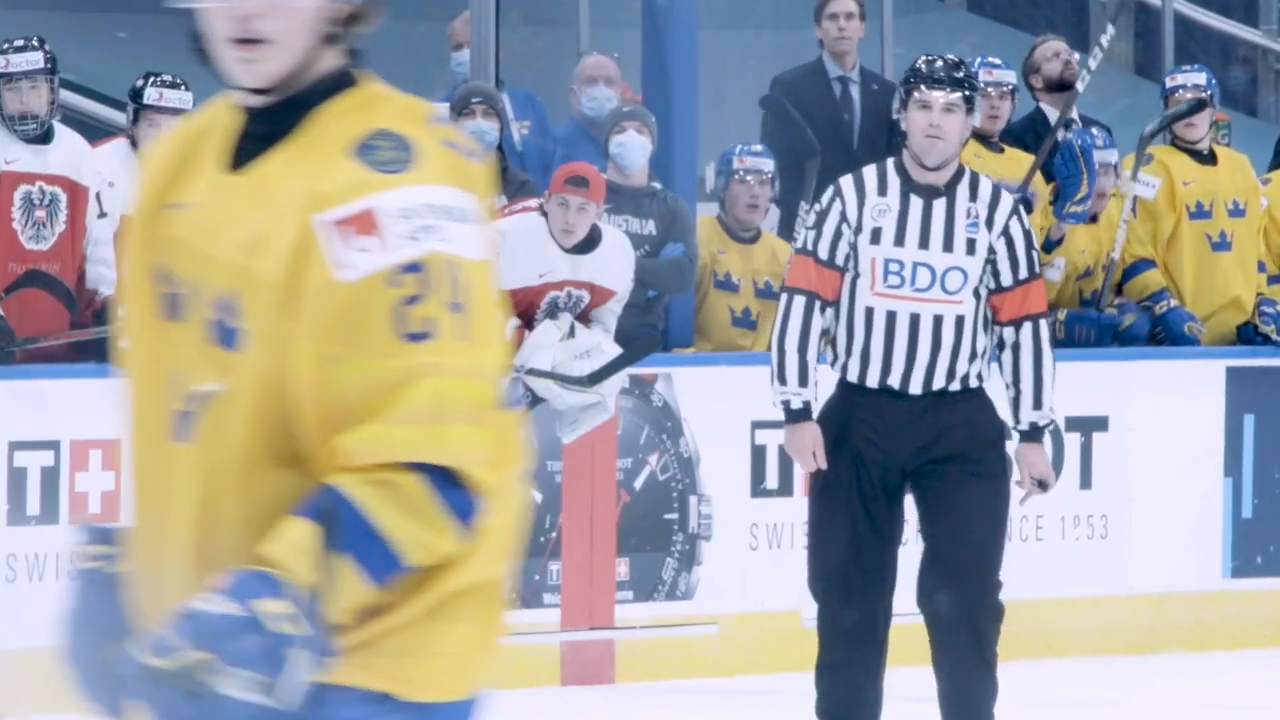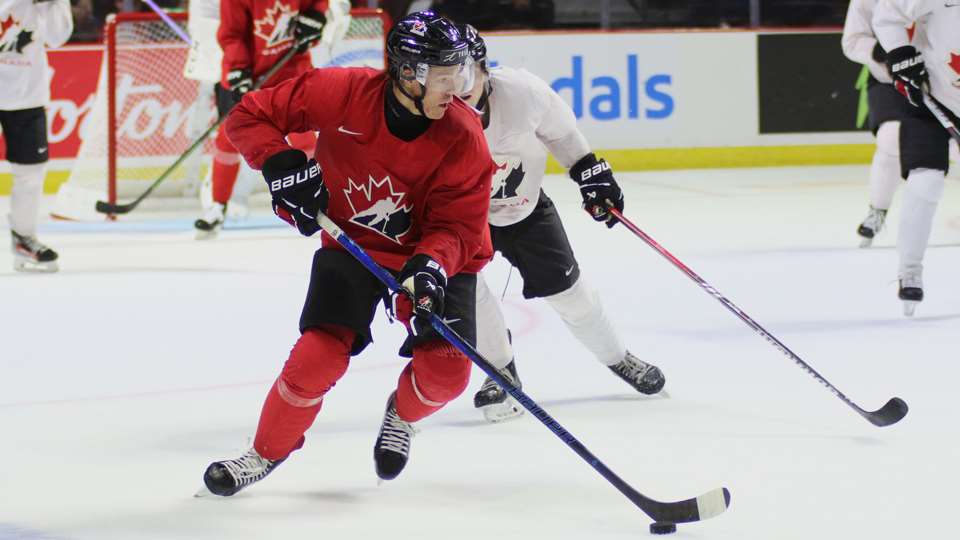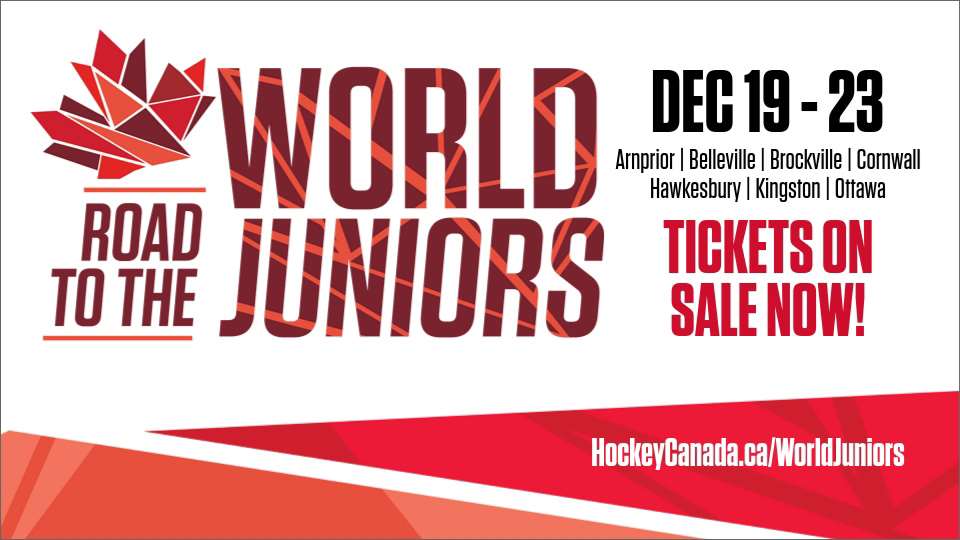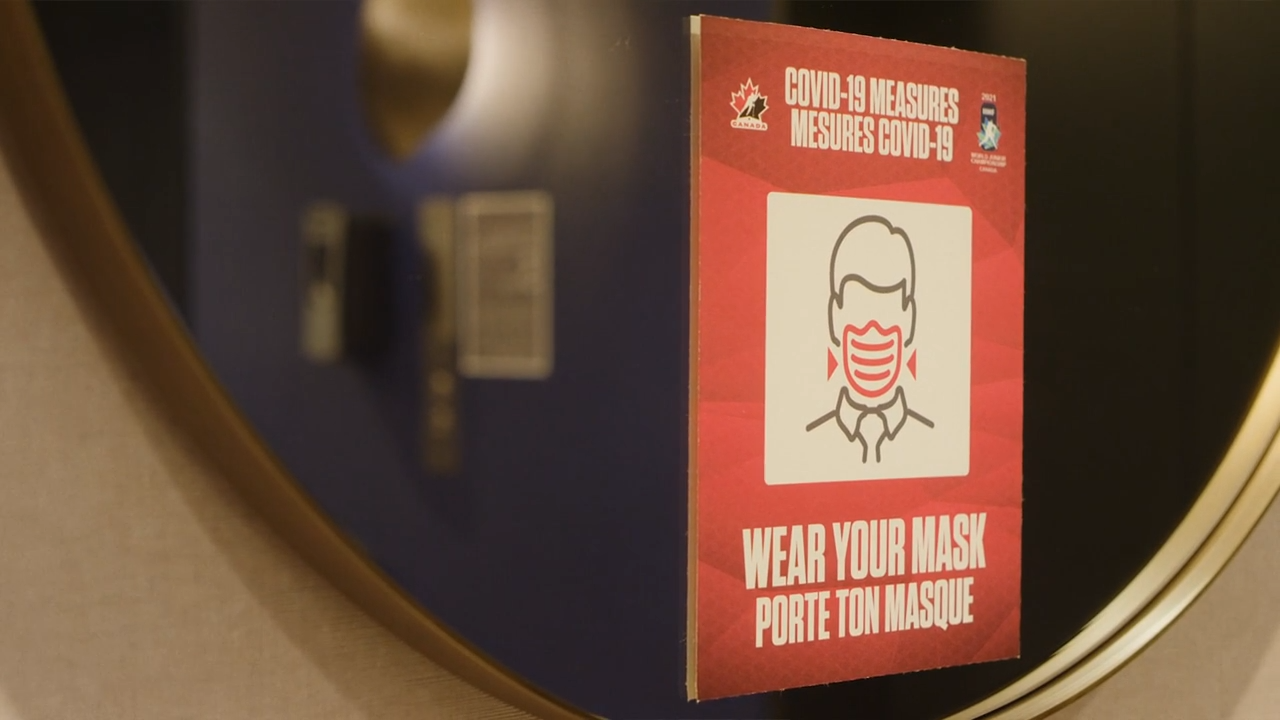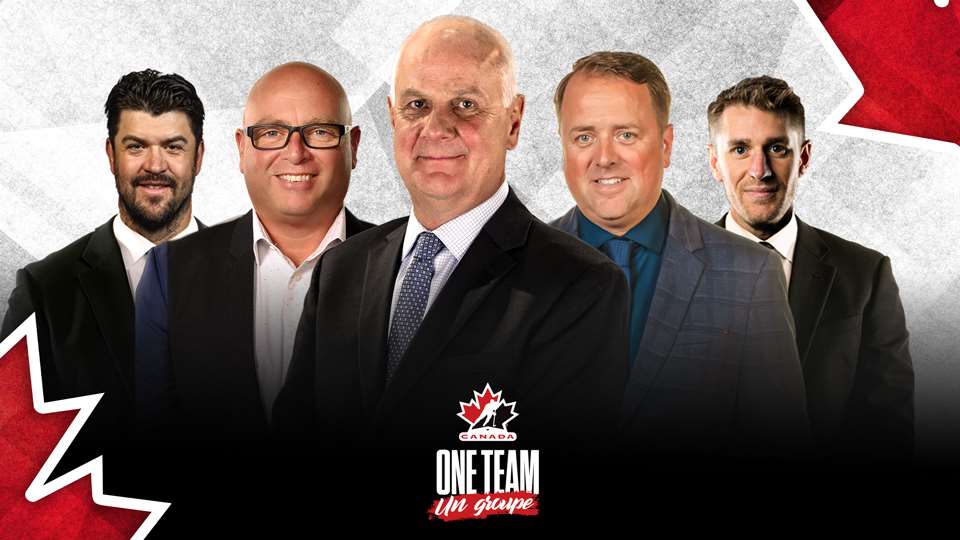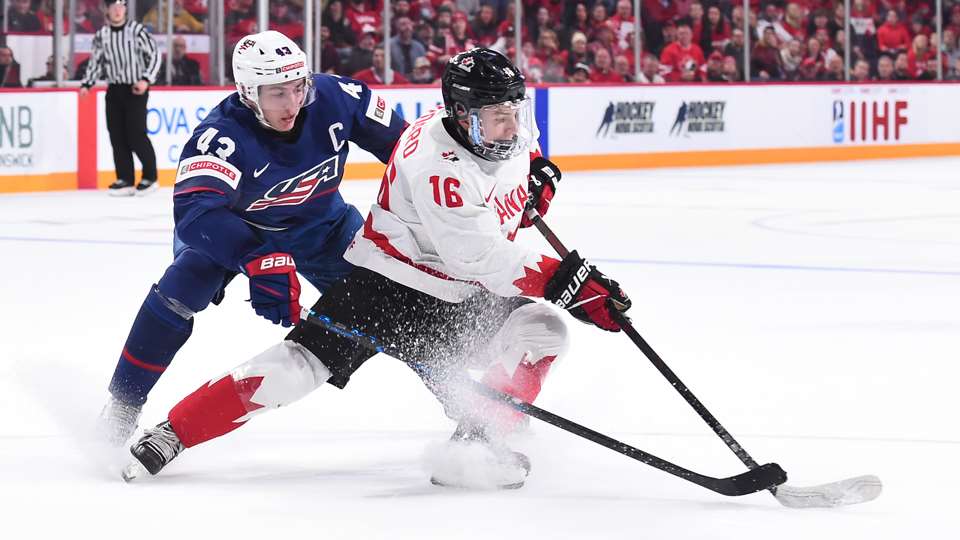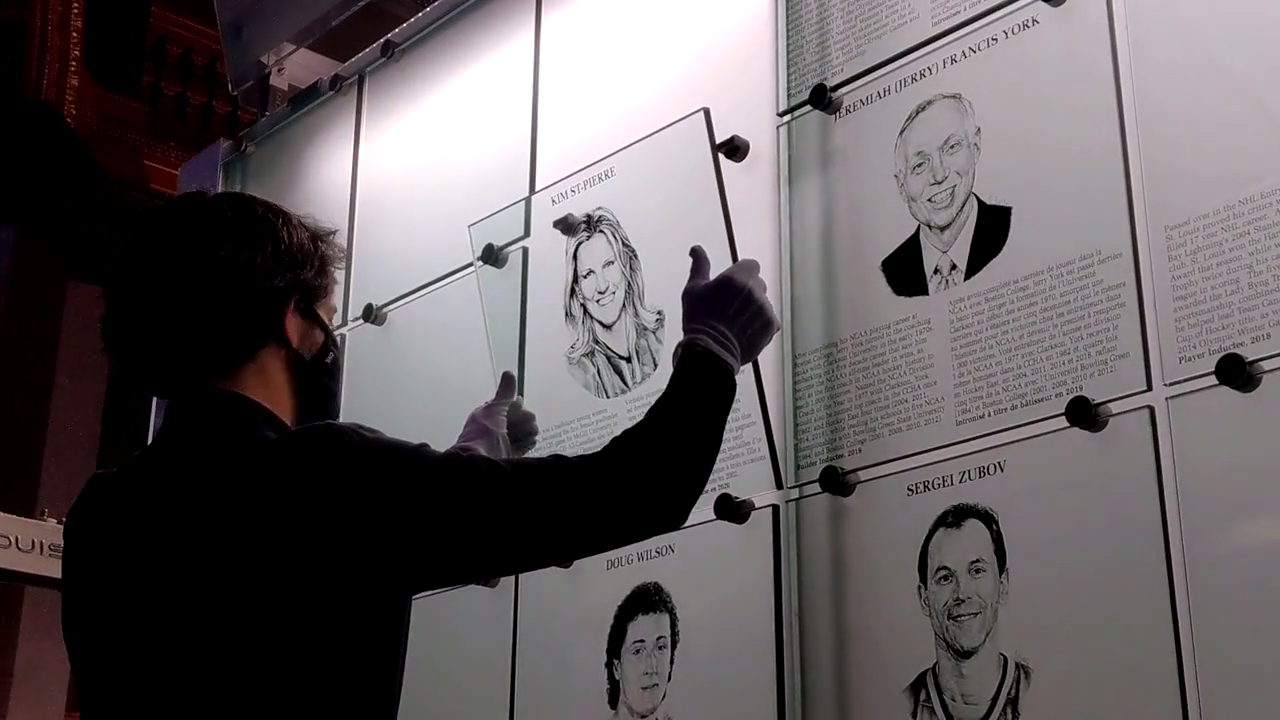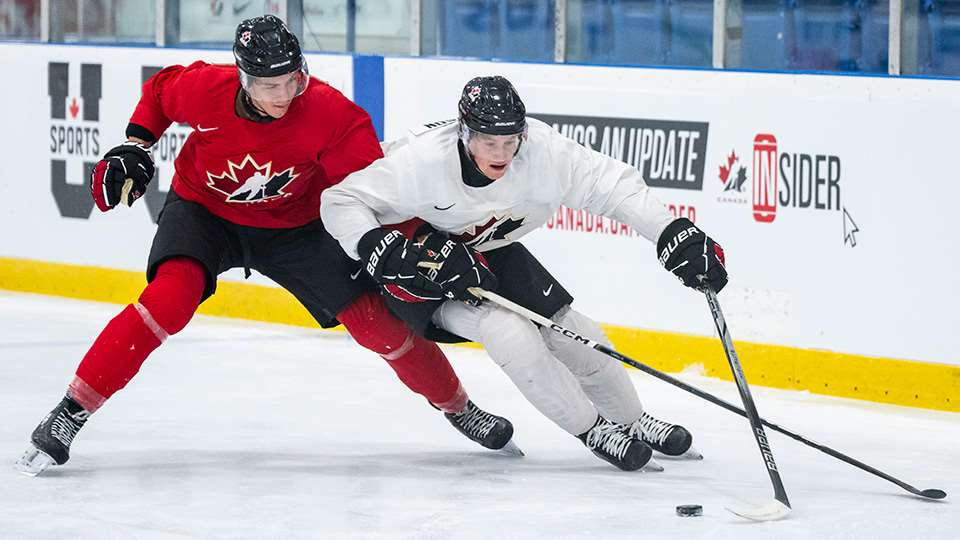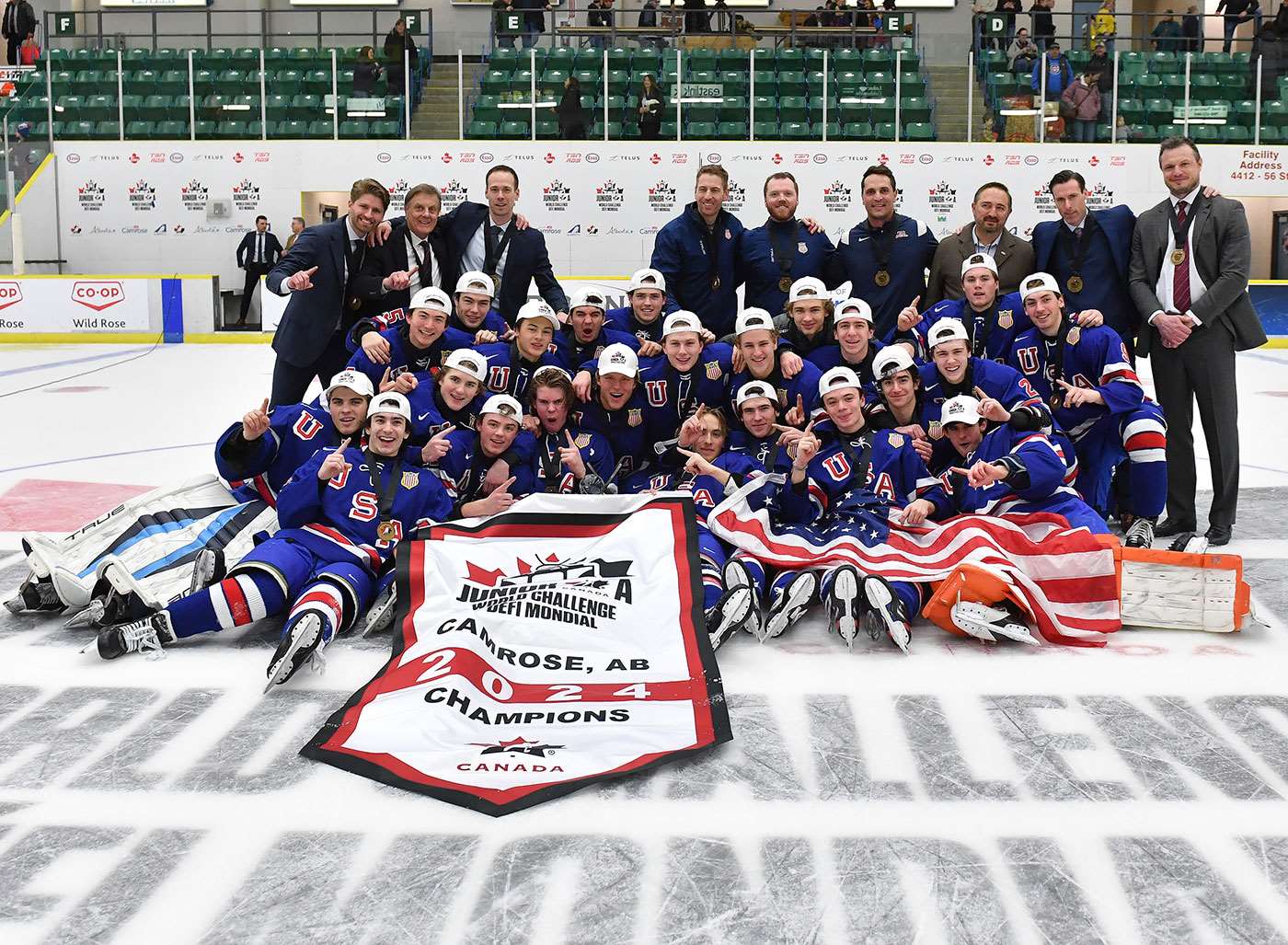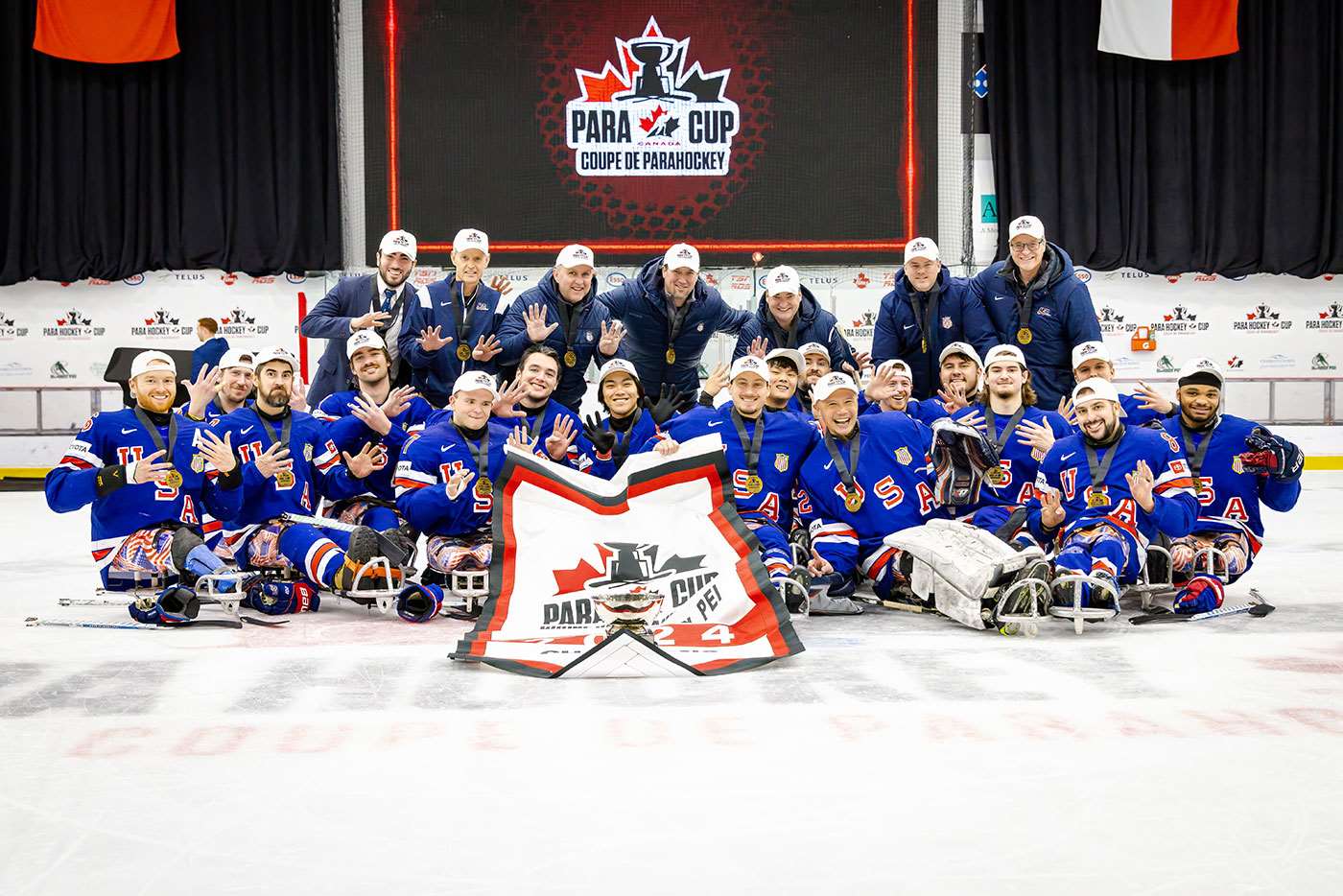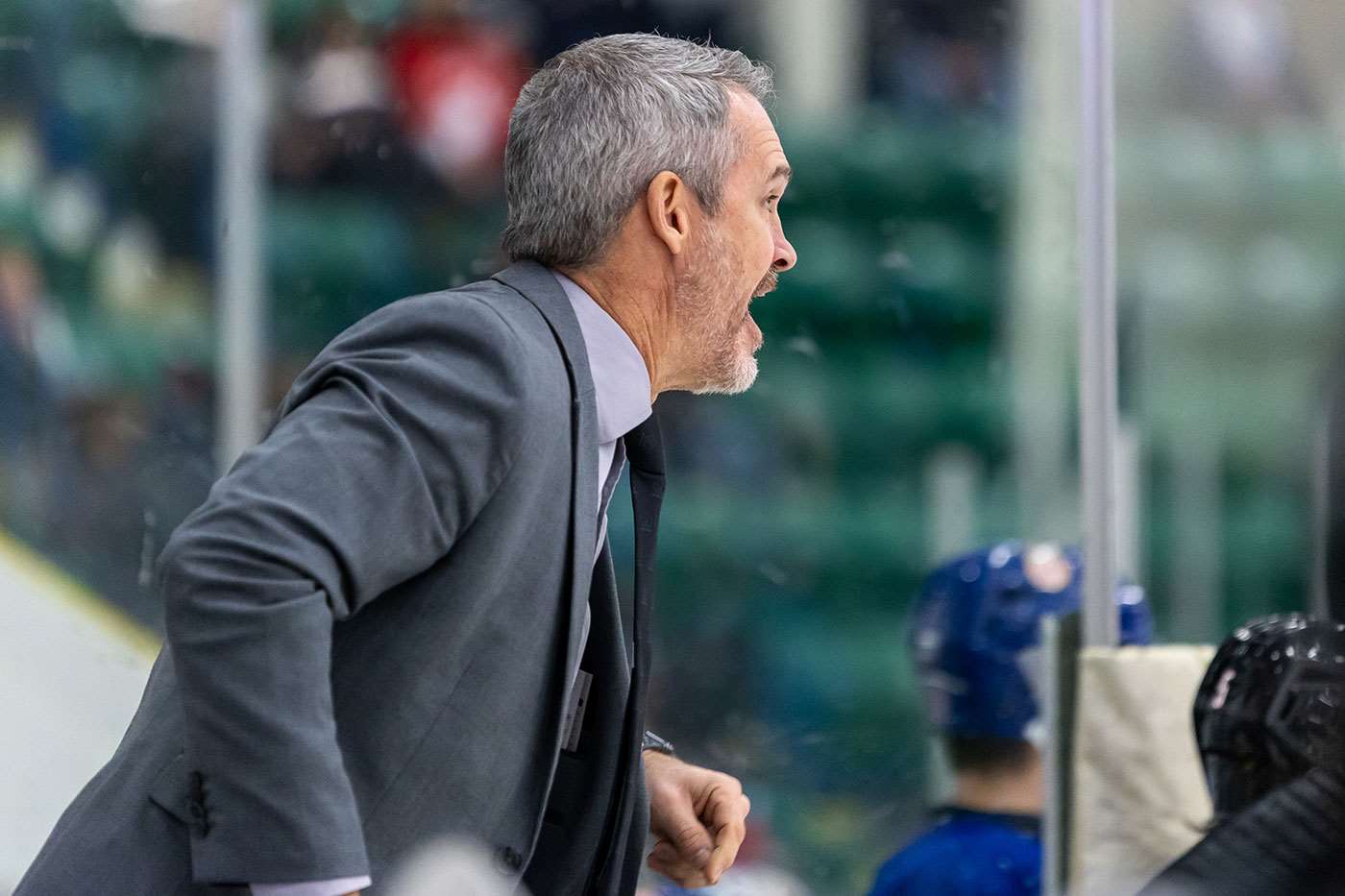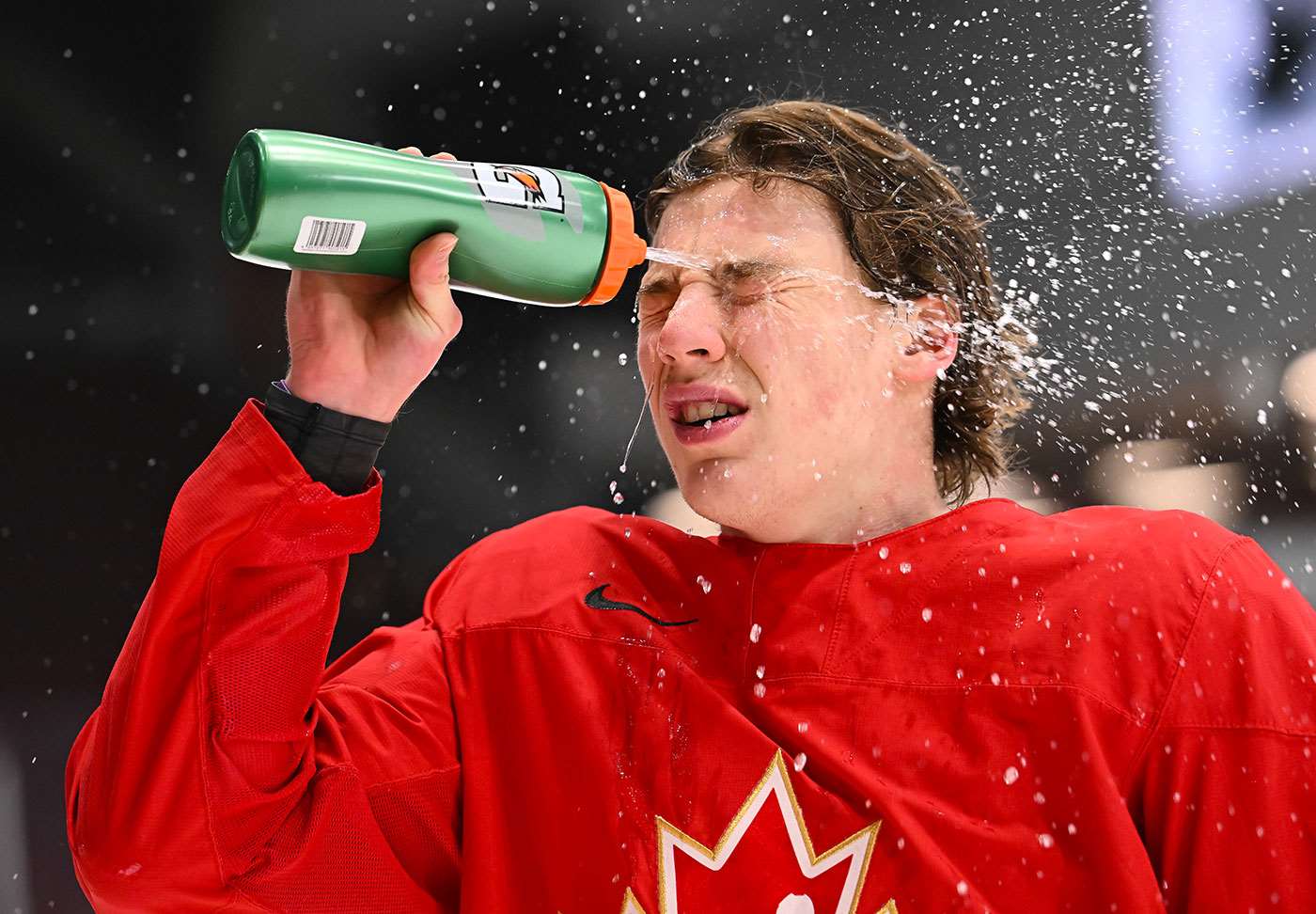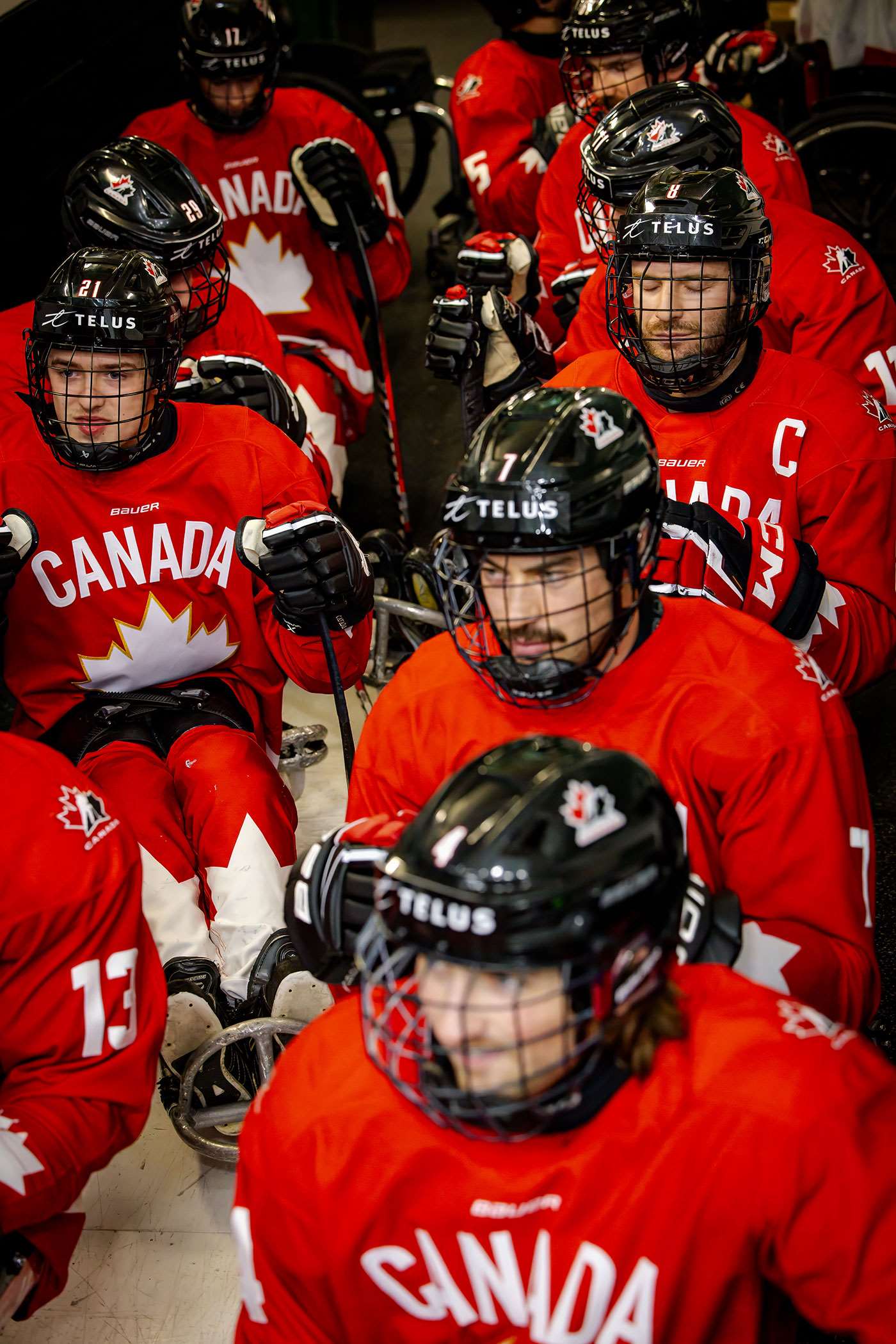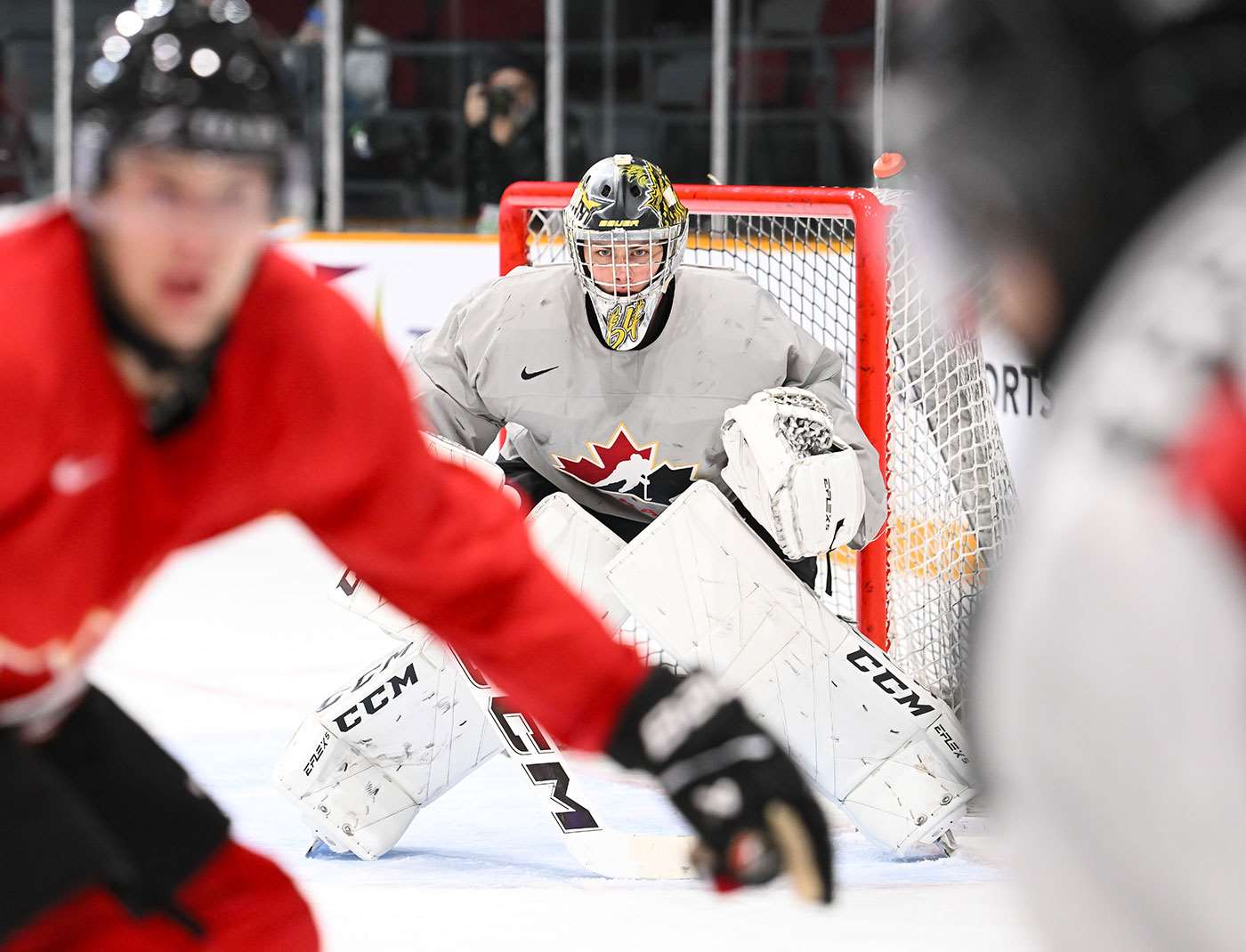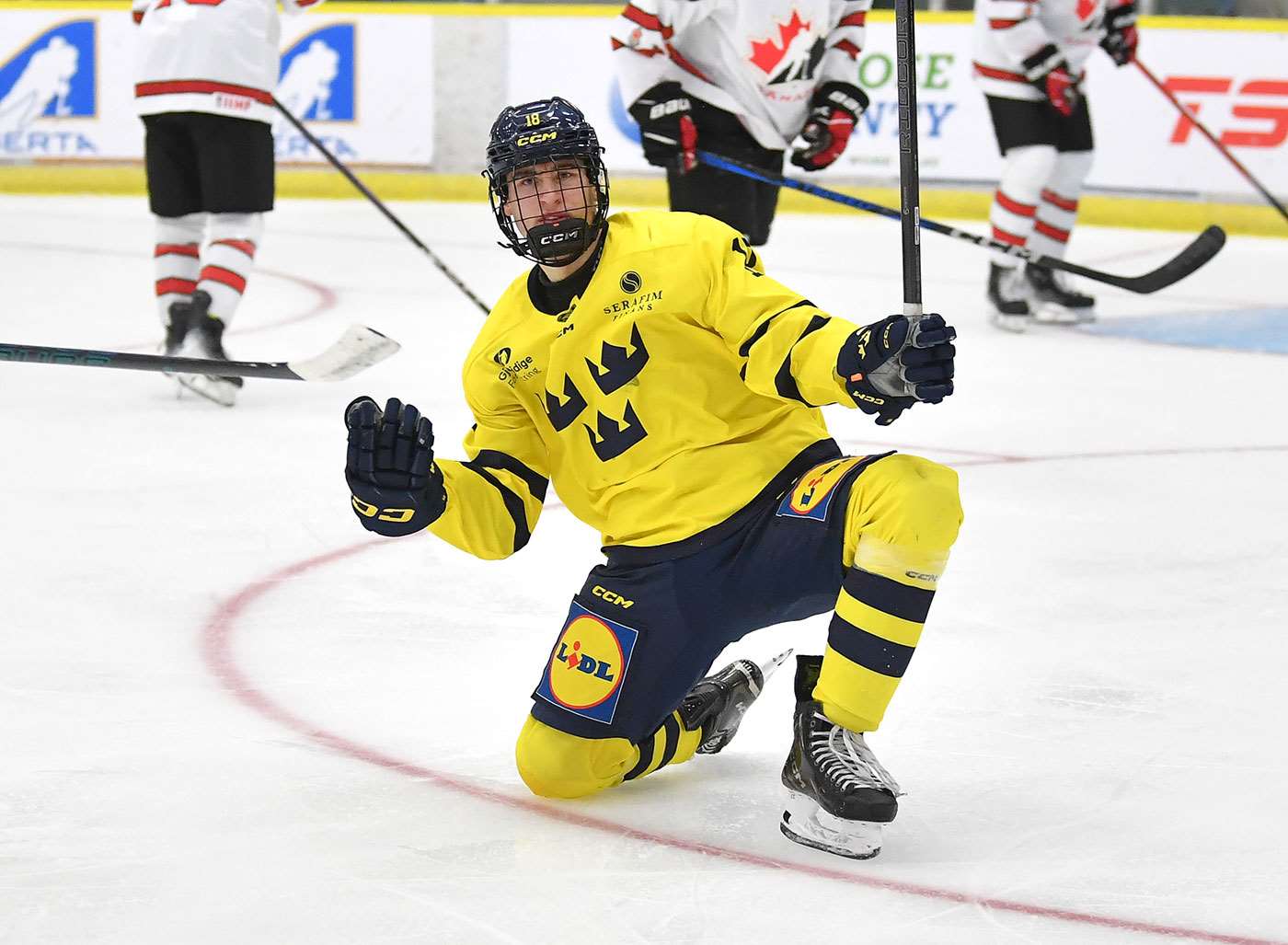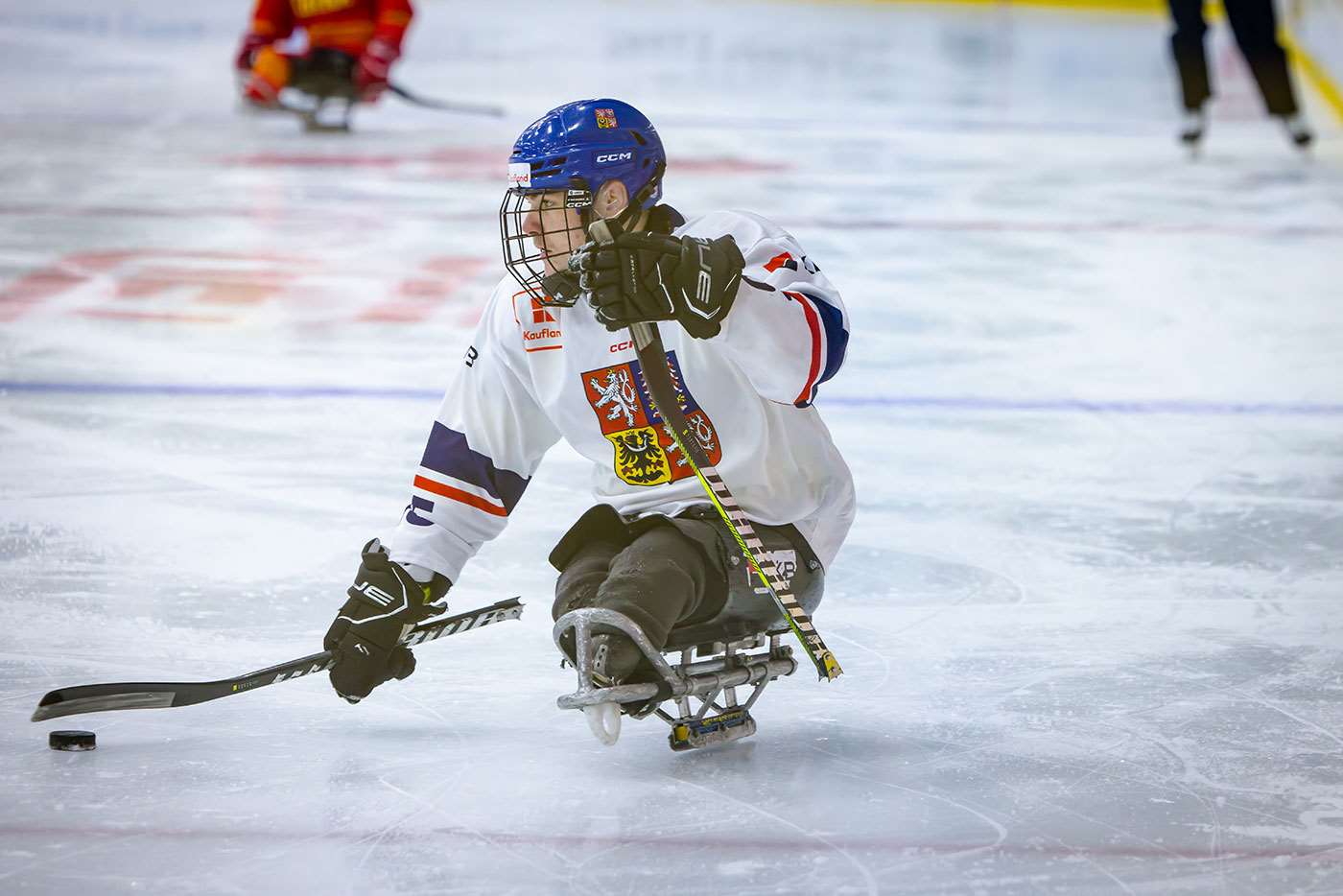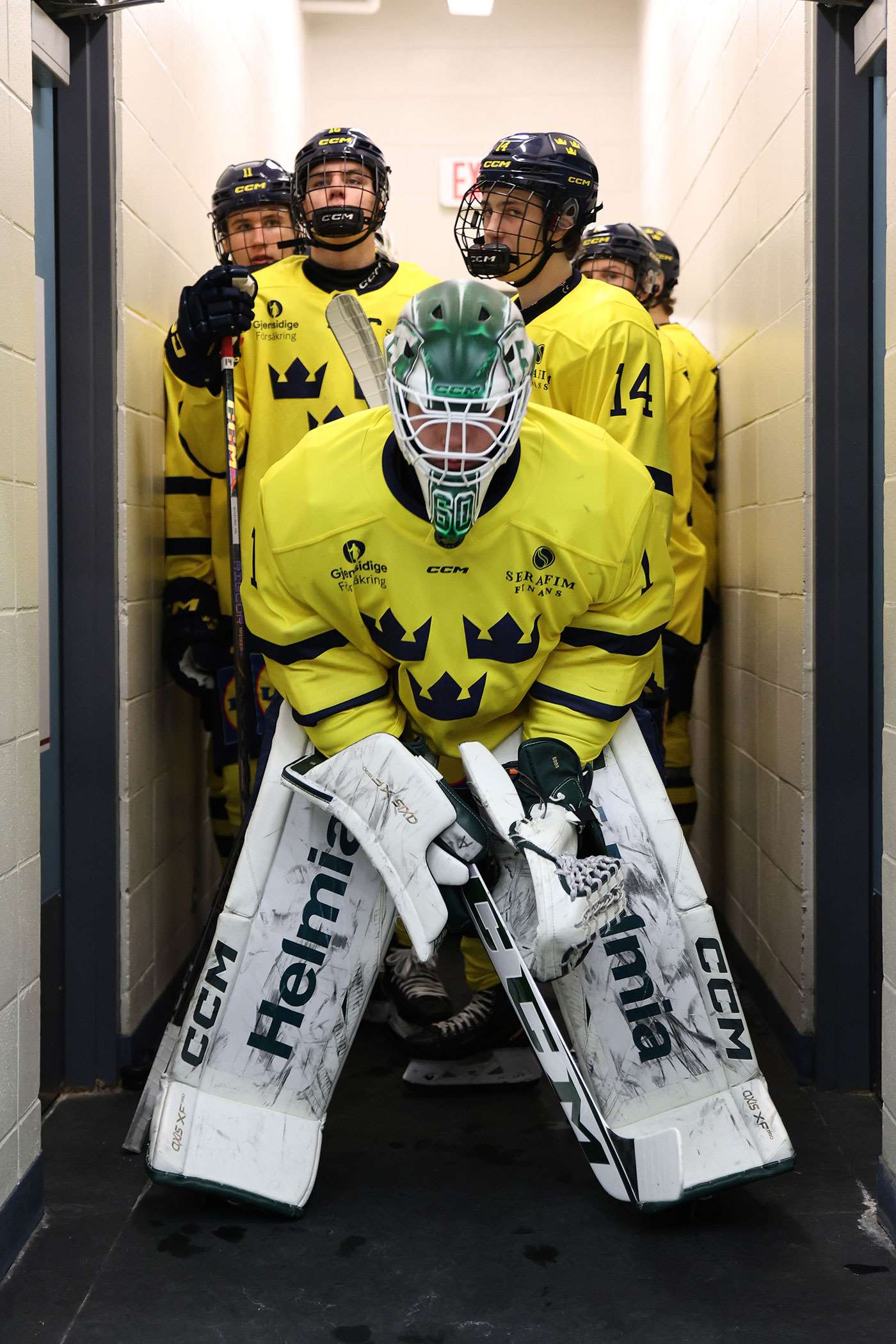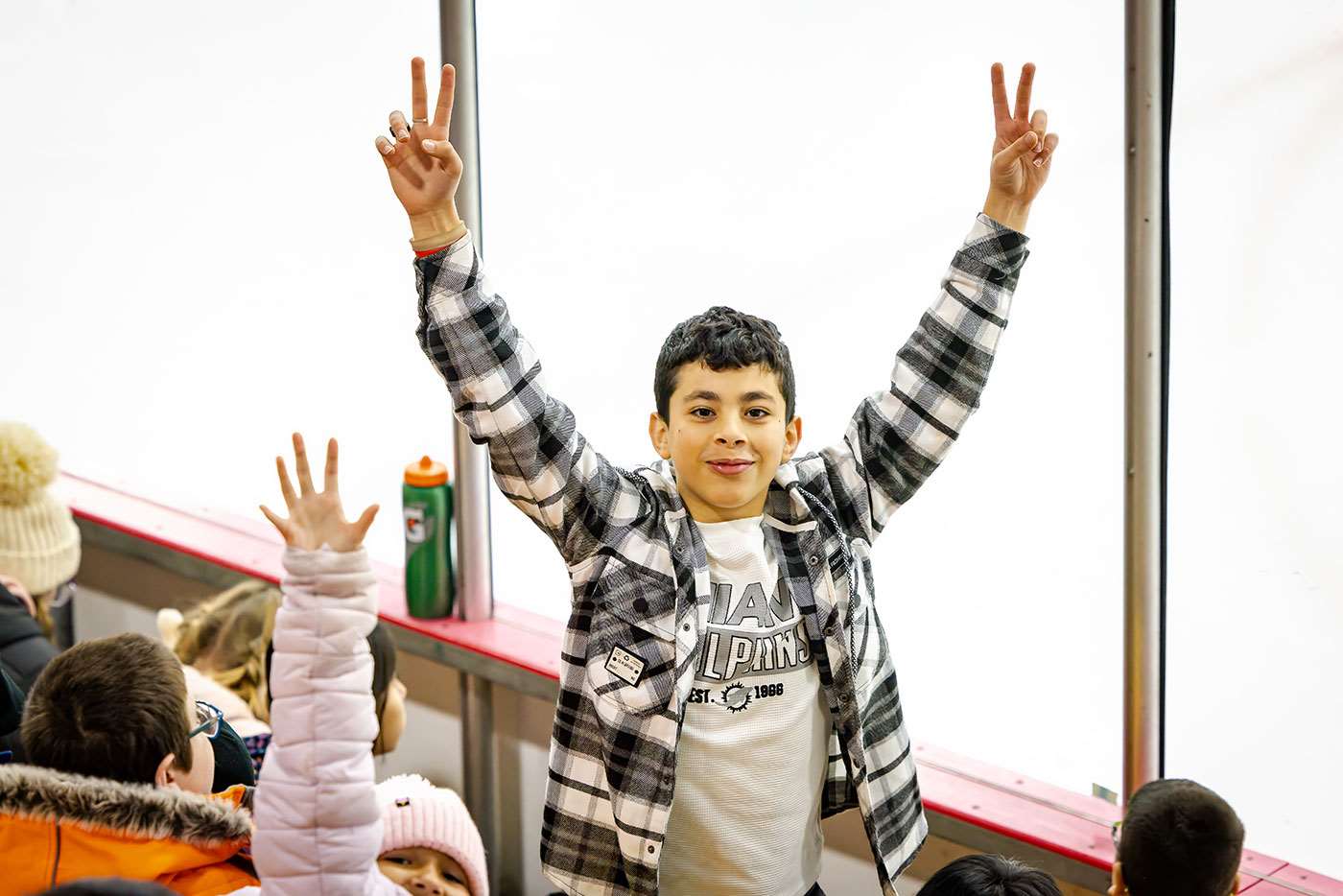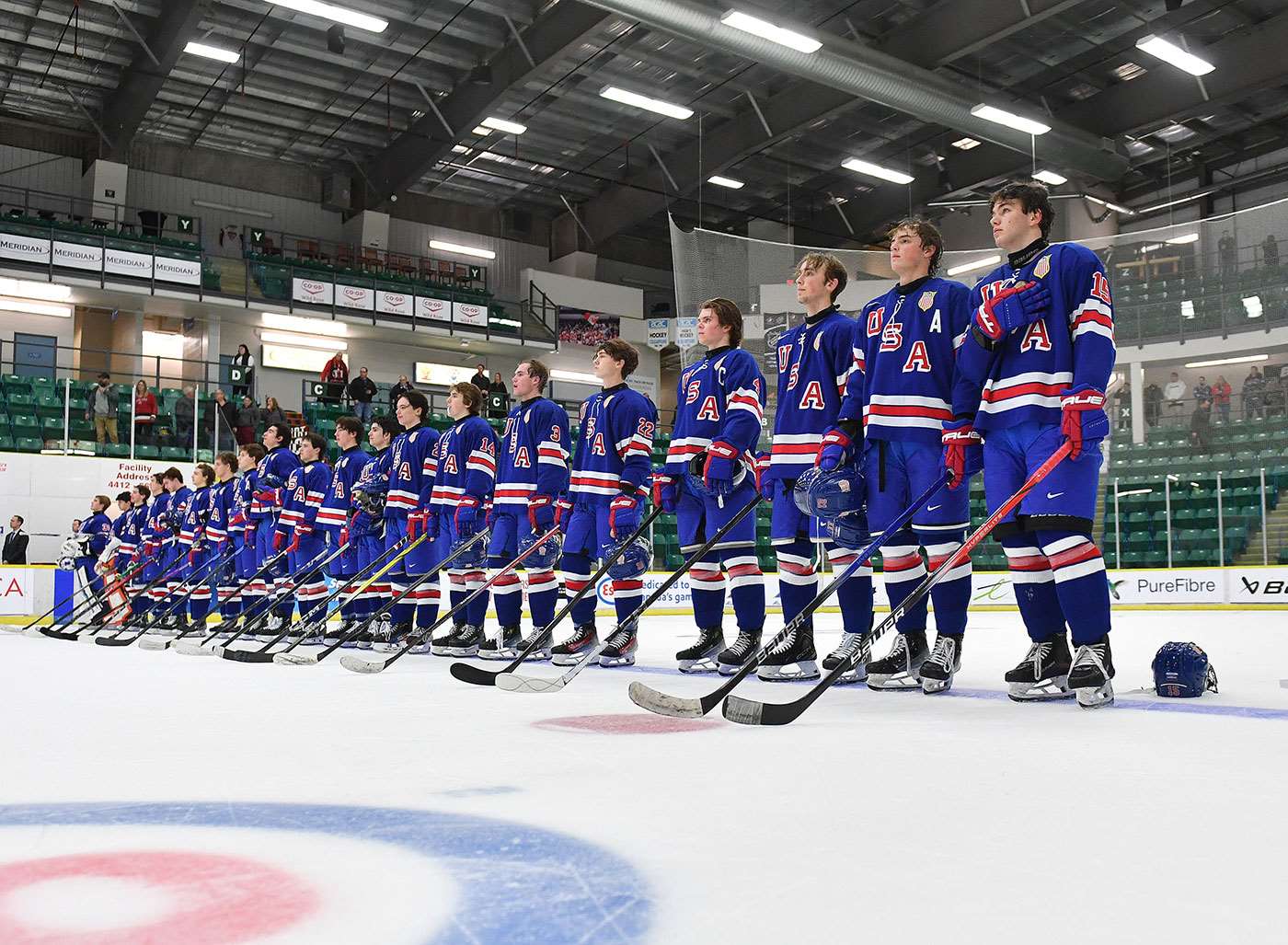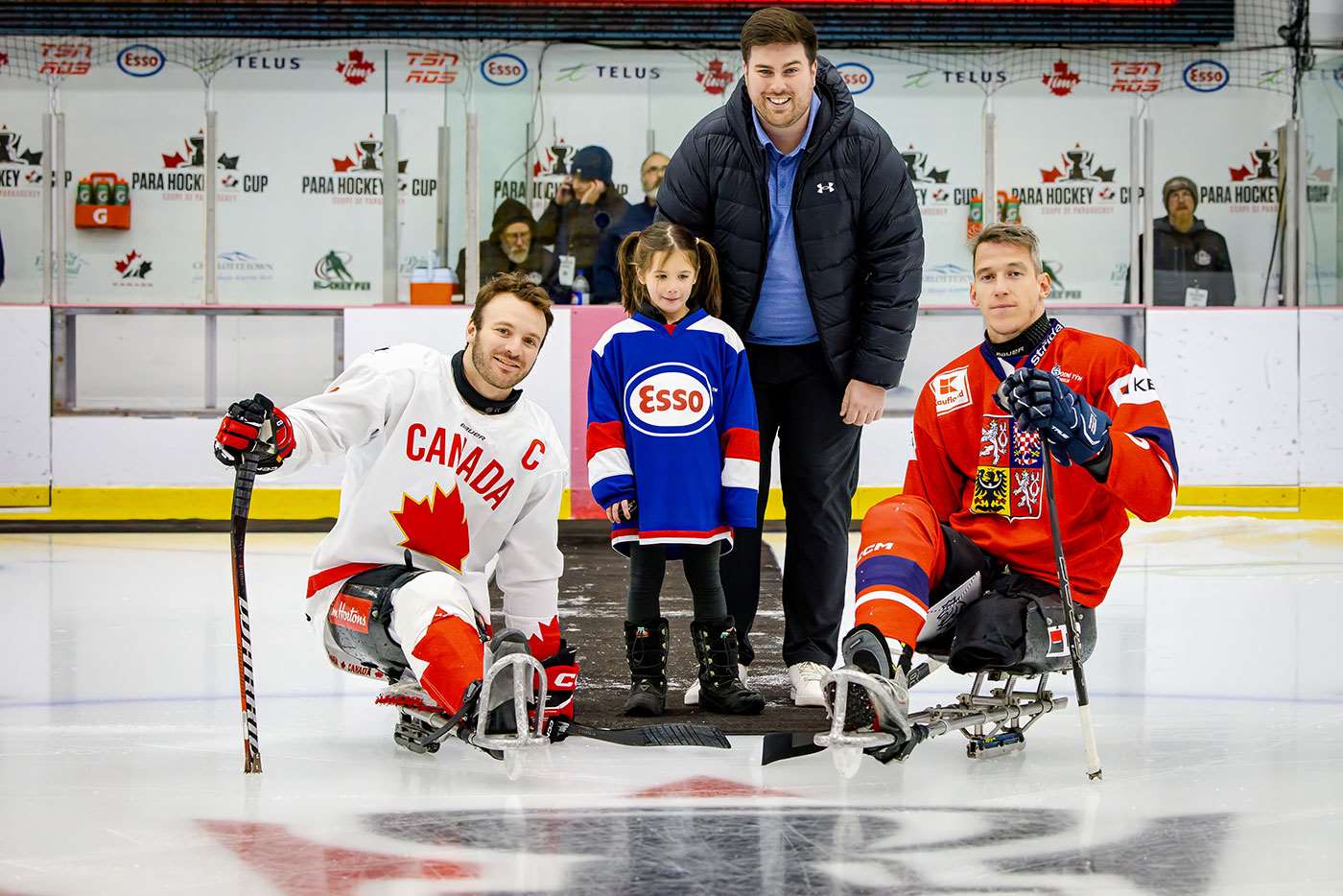
Schedule
Team Canada (Men)
IIHF World Junior Championship | Dec. 26, 2024-Jan. 5, 2025
Spengler Cup | Dec. 26-31, 2024
4 Nations Face-Off | Feb 12-20, 2025
IIHF U18 World Championship | April 23-May 3, 2025
IIHF World Championship | May 9-25, 2025
U17 World Challenge | Nov. 3-9, 2024
Hlinka Gretzky Cup | Aug. 5-10, 2024
Junior A World Challenge | Dec. 9-15, 2024
National Junior Team vs. USPORTS | Dec 12-13, 2024
Search
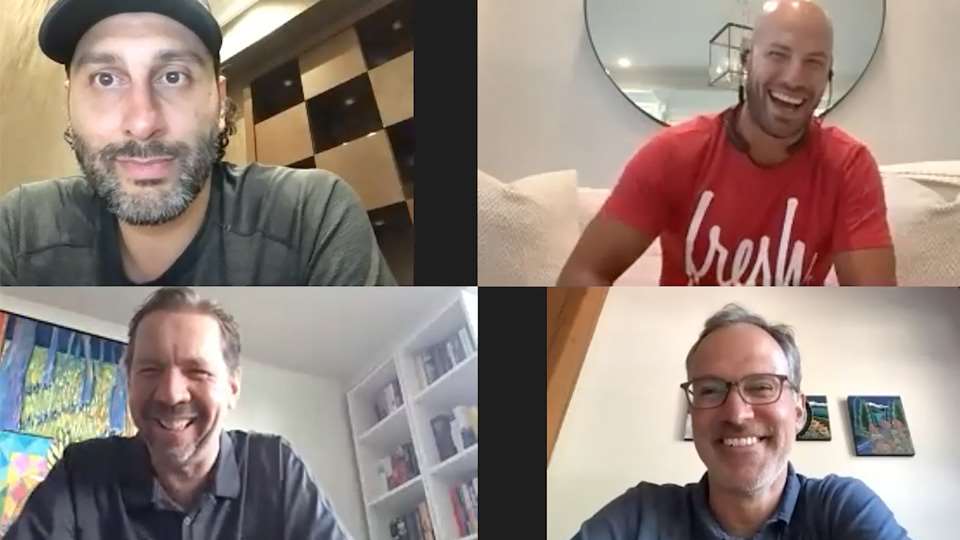
Building a virtual foundation
A vital piece of the Team Canada calendar looked very different this year, with players and staff going online for an educational week at Canada’s National Junior Team Sport Chek Summer Development Camp

An unprecedented situation led to an unprecedented look for Canada’s National Junior Team Sport Chek Summer Development Camp.
The COVID-19 pandemic, which has turned the hockey world on its head over the last five months, meant there was to be no summer showdowns with Finland, Sweden and the United States, as has become the norm in the last few years.
Instead, players and staff spent their time online from the comfort of their own homes, doing everything except stepping on the ice.
“I think our coaching staff did a great job of not only having a virtual camp, but having players engaged in that virtual camp,” says Scott Salmond, senior vice-president of national teams. “They weren’t just online three hours a day, listening to presentations or keynote speakers. They were actually involved.”
Players were split into three groups for jam-packed days that started at 11 a.m. ET/8 a.m. PT with morning workouts with sport performance manager Adam Douglas and typically ended seven hours later with a guest speaker.
Sessions through the day included physical and mental skill development, winning habits and values, and plenty of team-building activities, a hallmark of any Team Canada camp. Other sessions were dedicated to understanding and appreciating the Canadian Way culture and expectations, emphasized through a Team Canada Alumni Roundtable featuring Ryan Getzlaf, Scott Niedermayer and Roberto Luongo.
Through it all, the message was preparation, and making sure players are ready for whatever the future holds.
“We really impressed upon them the importance of preparation and what we can do in that sense and what onus they have as athletes and how they can impact the time that they have so that when we are together, we're better.”
As for the guest speakers, they included voices of the World Juniors on TSN, Gord Miller and Craig Button, who spoke on what players could expect from media with the tournament set for Canadian ice this winter, as well as a pair of sessions with alumni talking about their experiences and the culture of the Team Canada program.
The big name was mixed martial arts star Georges St-Pierre. The Saint-Isidore, Que., native, a former UFC welterweight and middleweight champion, spoke to the campers on Friday morning on the mindset of a champion.
“I think anytime you can get a guy like George St. Pierre who can give a message about preparation, it's interesting,” Salmond says. “You just have to take a look at him and the way that he's able to perform when the stakes are a little different, I think it can translate well to a hockey game. He's a great Canadian that people will recognize, that our players know, and it was great to hear a different message from him, and to understand a little bit about what he's all about and his preparation.”
Salmond admits there was a level of disappointment in not being able to follow the typical structure and enjoy a little bit of face-to-face interaction, but considering the restrictions the pandemic has imposed on the world, something was better than nothing.
“It's not the same. We recognize that,” he says. “But at the same time, we feel without being together, this was the best we can do. It's certainly better than the alternative of not having any connection with the players.
“When we go back and look at the objectives of the summer camp, we think that we met a lot of those objectives, even if it is virtually. We could still educate the players as to expectations from a coaching staff, from an organization. We could introduce some technical curriculum to the athletes, how we want to play, what our team is going to look like. And then we could spend some time, through some different activities online, to really get to know each other a little bit better. So we think we ticked some of those boxes.”
With camp in the rear-view mirror, Canada’s National Junior Team heads into the unknown. A final decision on the 2021 IIHF World Junior Championship – scheduled for Dec. 26 to Jan. 5 in Edmonton and Red Deer, Alta. – has yet to be made, and the opening of the 2020-21 season in the Canadian Hockey League in the fall is contingent on the continued flattening of the curve across the country. (The WHL and QMJHL are targeting early October start dates, while the OHL has yet to make any commitment.)
All the what-ifs mean Team Canada will go into the new season with a number of options at the ready.
“I think you have to just keep the viewfinder narrow,” Salmond says. “Keep focused on what your next opportunity is. We have to continue to plan as if there is going to be an event until someone tells us there isn't. And when Plan A goes to Plan B and when Plan B goes to Plan C, we're already a step ahead of the game.
“We know what we're trying to accomplish. We know what our objectives are, and we're finding ways to do that without being together. The unknown is there, certainly, but we're focused on what we do know and what we can impact. The other stuff will take care of itself.”
For more information: |
- <
- >

















